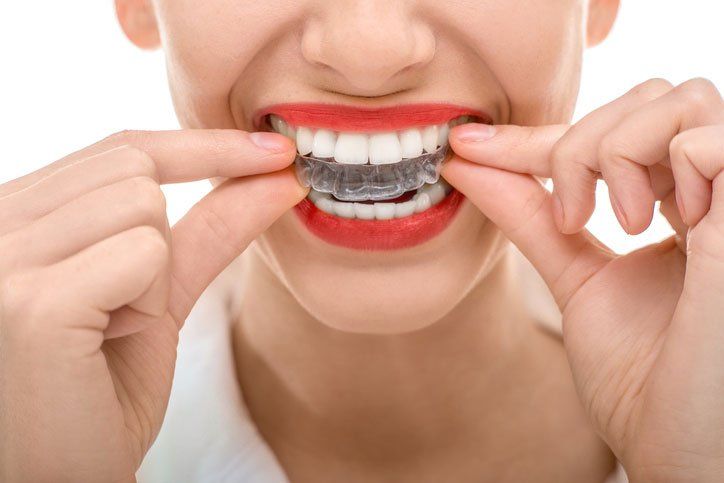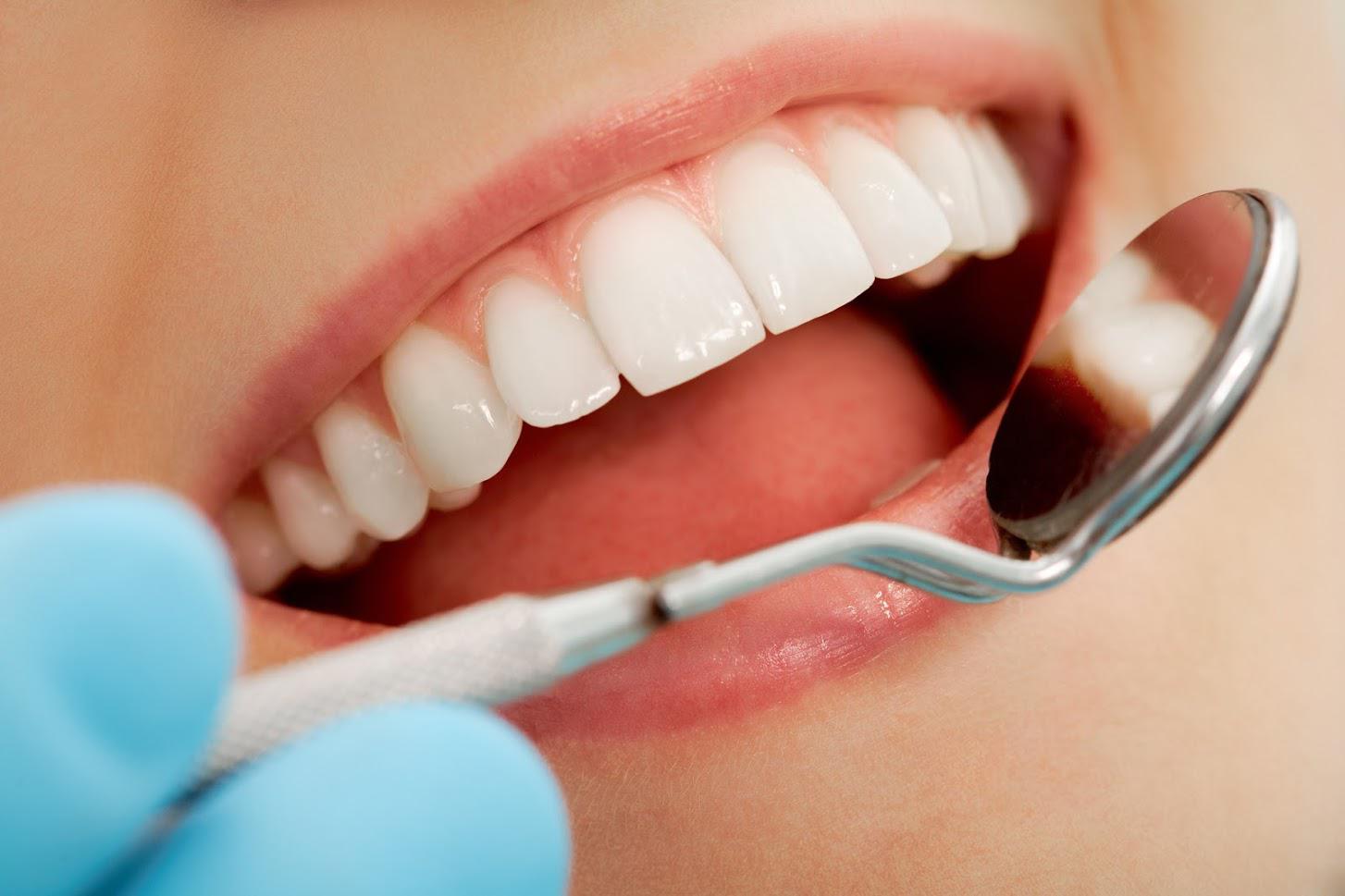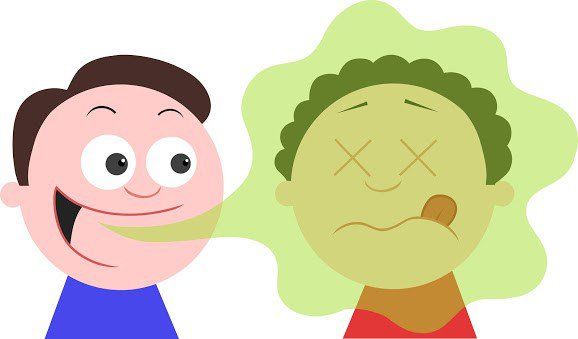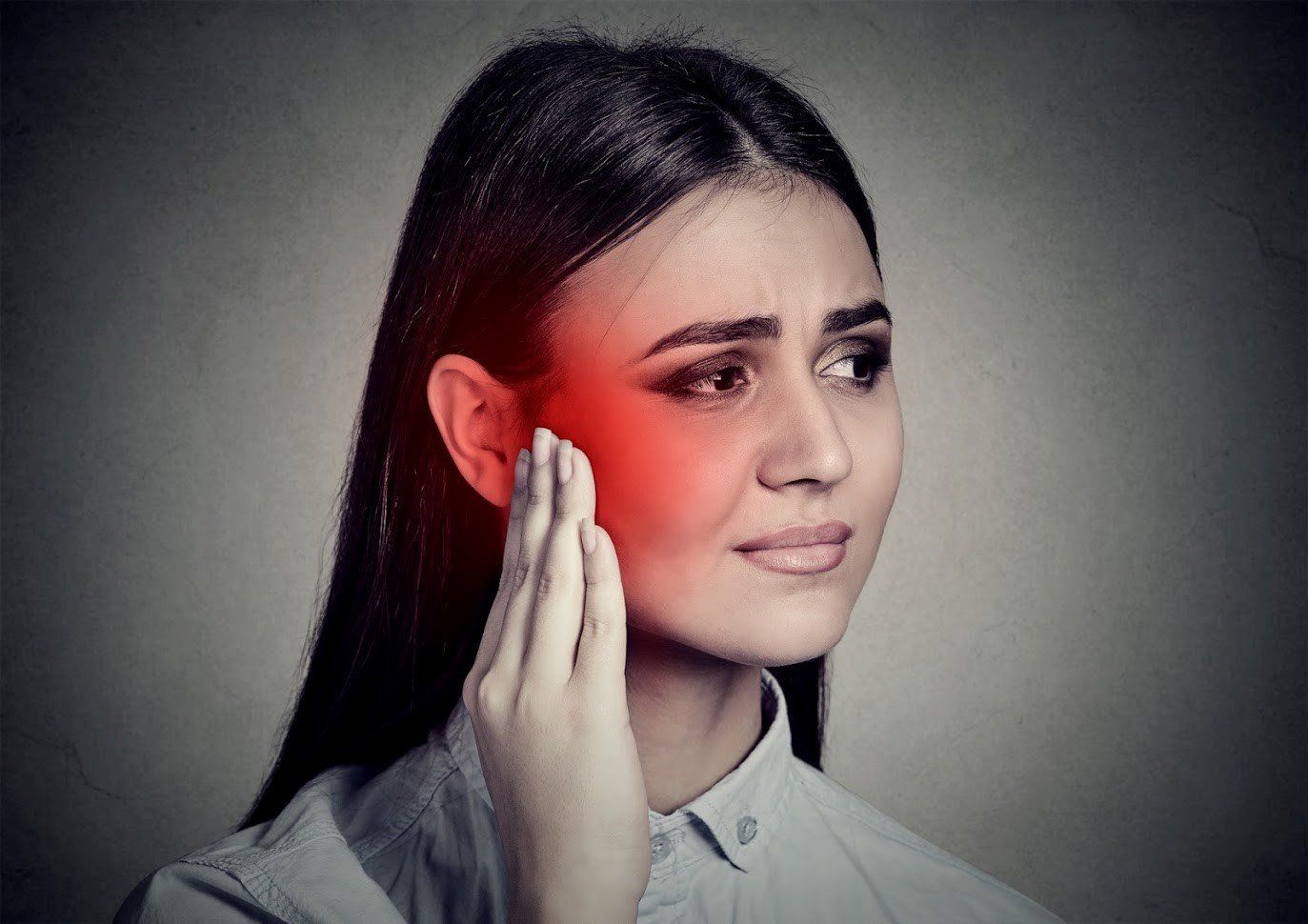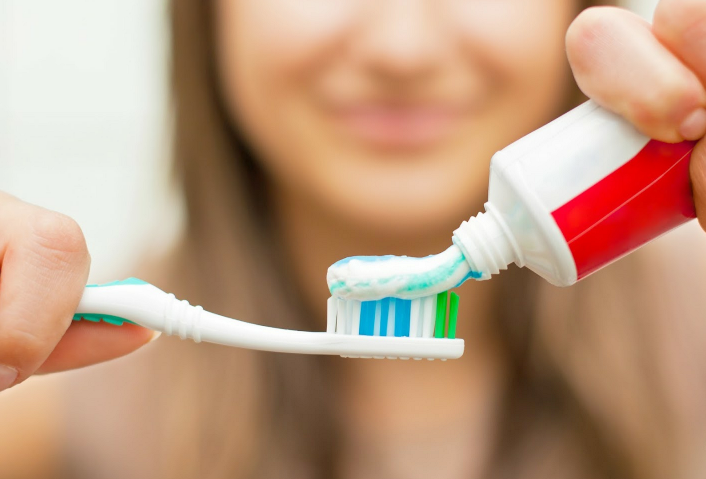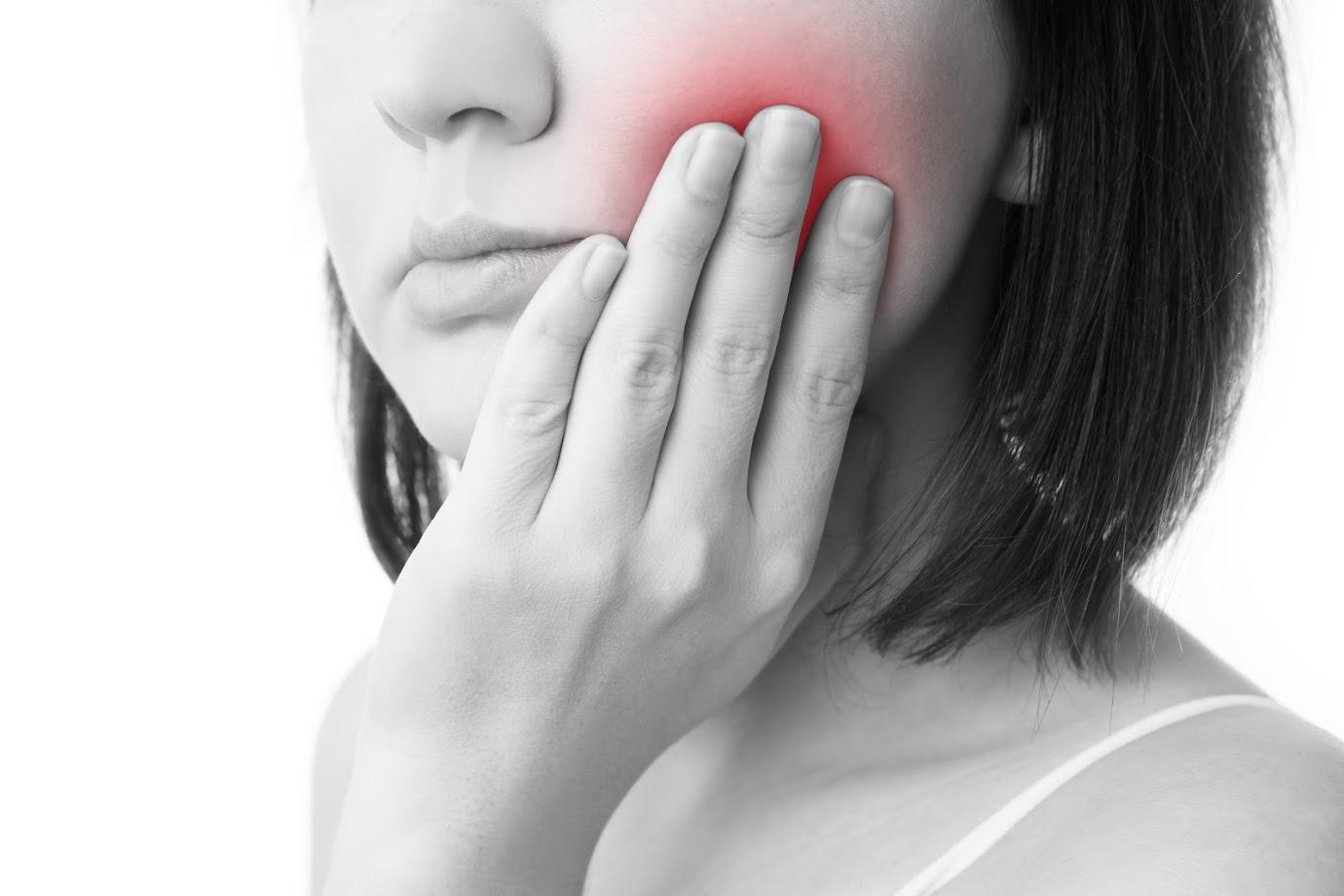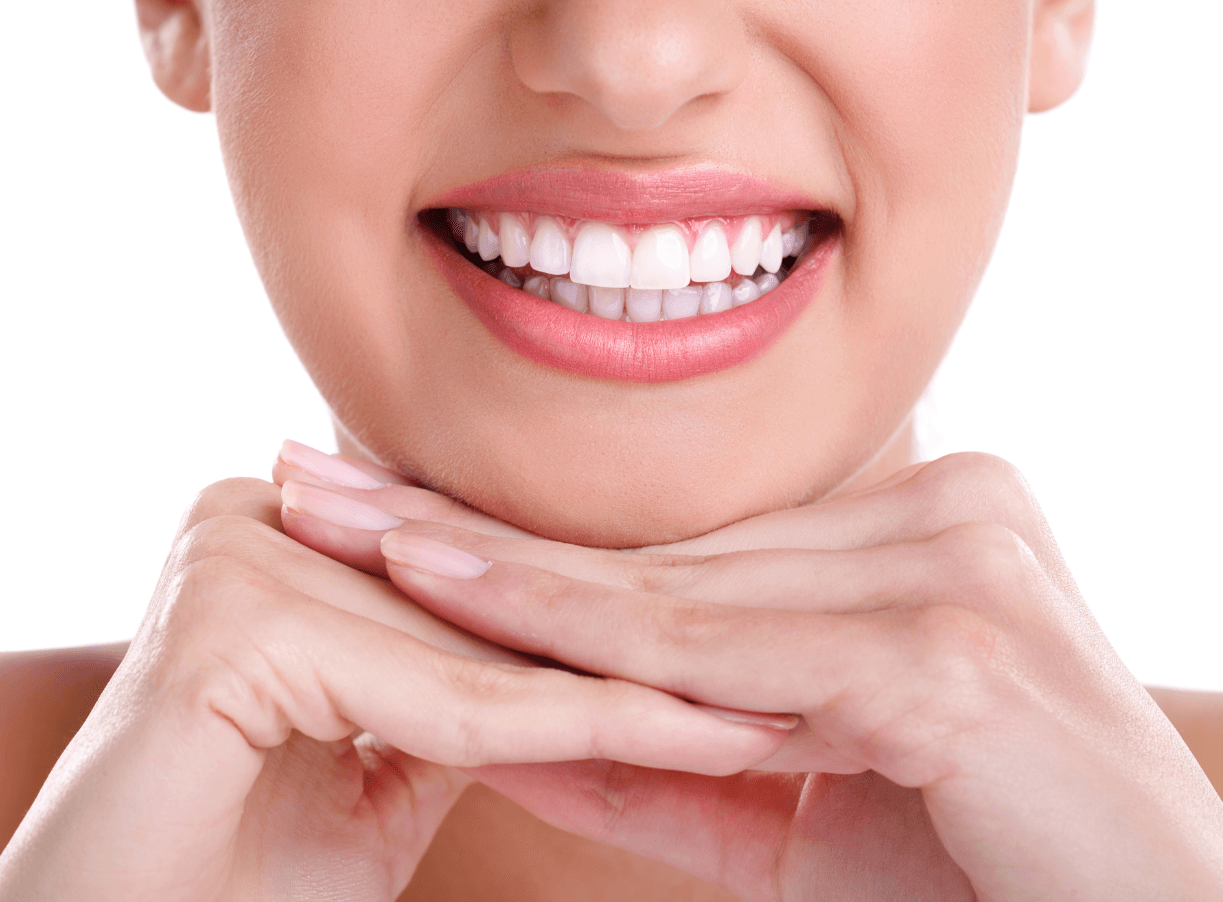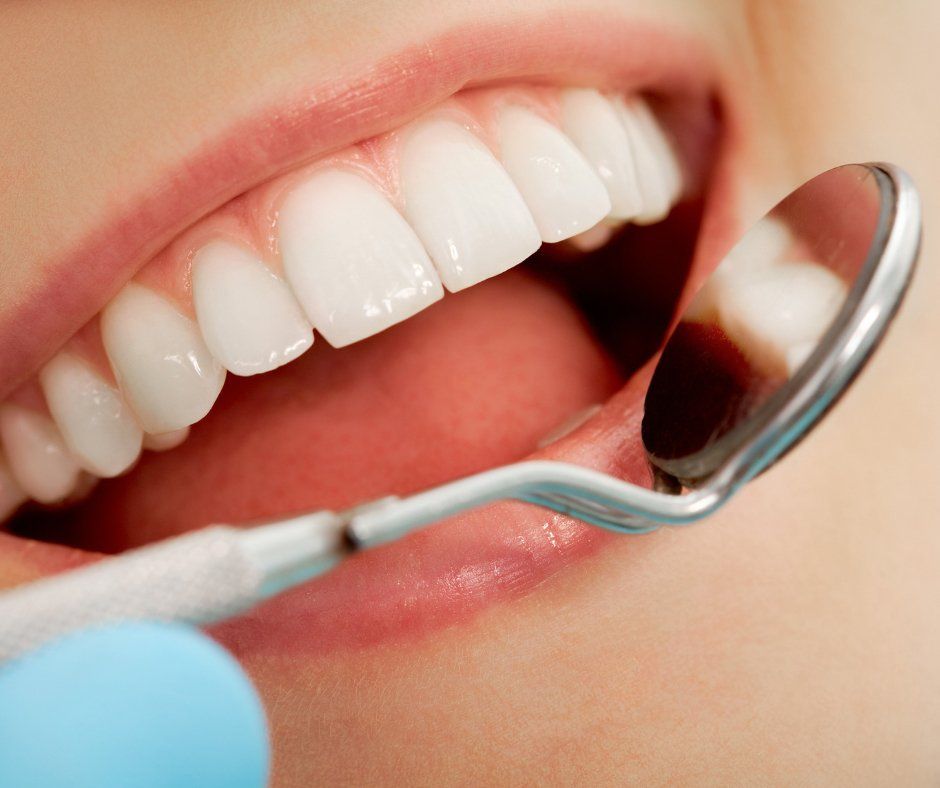
Slide title
great service over the years
I appreciate the service Dr. Landy and his staff members have provided to me over the years. My teeth look great and I really appreciate getting service from this team!
- Eric B.
Button
Slide title
Great Service and Results
I have been with Dr. Landy over a year and he has been wonderful. His staff is also friendly and helpful. I love the results my teeth look great. My appointments are always timely as well. Extremely professional and pleasant!
- M. B.
Button
Slide title
Great dentist
I've been seeing this dentist for years and he takes good care of my teeth. He has accurate advice and recommendations.
- A. S.
Button
Slide title
Thank U
Thank you for excellent service!
- C. A.
Button
Slide title
quite satisfied
Dr Landy did a great job of numbing so I felt no discomfort. The crown fits well.
- Anonymous
Button

Slide title
great service over the years
I appreciate the service Dr. Landy and his staff members have provided to me over the years. My teeth look great and I really appreciate getting service from this team!
- Eric B.
Button
Slide title
Great Service and Results
I have been with Dr. Landy over a year and he has been wonderful. His staff is also friendly and helpful. I love the results my teeth look great. My appointments are always timely as well. Extremely professional and pleasant!
- M. B.
Button
Slide title
Great dentist
I've been seeing this dentist for years and he takes good care of my teeth. He has accurate advice and recommendations.
- A. S.
Button
Slide title
Thank U
Thank you for excellent service!
- C. A.
Button
Slide title
quite satisfied
Dr Landy did a great job of numbing so I felt no discomfort. The crown fits well.
- Anonymous
Button
Slide title
Dr Landy is the best. I have been coming to his office for years. He takes great care of his patients with empathy and compassion. Thanks for all you do!!
- Anonymous
Button
Slide title
Dr. Landy is great. He always explains things is a very clear and straight forward manner and has a great job of getting me back on track after a couple years of less than stellar mouth care. Highly recommend.
- Anonymous
Button
Slide title
Great Dentist. Makes the visit very, very pleasant. Always a Joy. His assistant Angela is the best. A patient for Life.
- Anonymous
Button
Slide title
Always nice people and efficient service.
- Dan M.
Button
Slide title
Highly Recommend
I have been extremely satisfied with Dr. Landy's services. The staff is extremely pleasant and professional. Appointments are always timely. All of my issues have been addressed and my teeth look beautiful was again
- M. B.
Button
Slide title
Simply the best dentist I've ever had!
The doctor was clear, concise and, above all, incredibly knowledgeable. The dentist assistants were also truly lovely. I can't believe I'm going to say this but...I'm looking forward to going to the dentist now!
- Jan B.
Button
 Write your caption hereButton
Write your caption hereButton
Slide title
Write your caption hereButton
Slide title
Write your caption hereButton
4 Dental Reasons to Avoid Tobacco Products
- By Admin
- •
- 12 Jun, 2020
- •

Good health requires a balance of many factors, from medical care and genetics to lifestyle choices. One of those lifestyle choices involves the decision to use (or to quit using) tobacco products. Cigarettes, chewing tobacco, and other such products can cause oral and dental problems as well as other serious health issues.
If you have weighed this question for yourself and seek additional reasons to steer clear of tobacco products, consider the well-being of your teeth and mouth. Check out these four dental reasons to either give up tobacco products or never use them in the first place.
1. Tobacco Products Cause Oral Cancer
The medical profession has long associated tobacco products with elevated cancer risks. Smokers have six times the risk of lip, throat, tongue, and mouth cancer compared to non-smokers. In fact, 90 percent of the people who develop these cancers also smoke.
Chewing tobacco also raises your risks for various types of oral cancer, according to the Mayo Clinic. Smokeless tobacco products contain 28 different chemicals known to promote cancer and other diseases. The concentrated levels of nicotine in these products also makes them highly addictive, impeding your ability to cut down or quit once you start.
2. Tobacco Products Stain Teeth
Cosmetic issues may seem trivial compared to diseases such as cancer, but they affect your quality of life nevertheless. A Procter and Gamble study showed that individuals with white teeth enjoy greater success in their careers and personal relationships. Unfortunately, tobacco products can dull the most dazzling smile.
Any kind of oral tobacco product can stain your tooth enamel, turning it yellow or (or in the worst cases) brown. These stubborn stains may require professional tooth whitening techniques (which employ clinical-grade peroxide instead of the weaker ingredients in over-the-counter home whitening kits).
Even if you manage to restore the whiteness of your tooth enamel, your newly whitened teeth may not match the color of your permanent dental work. While veneers and other porcelain restorations resist staining, they can still become discolored. You might have to replace severely discolored restorations prematurely.
3. Tobacco Products Increase Periodontal Problems
Tobacco can damage the tissues that surround your tooth roots and anchor your teeth to your jawbone. It does this by causing the gums to shrink away from the teeth, enlarging the gaps known as periodontal pockets. Bacteria can then settle into these pockets, creating chronic gum disease and tissue-damaging inflammation.
According to the Centers for Disease Control and Prevention, smokers have twice the risk for periodontal disease compared to nonsmokers, but users of smokeless tobacco also have an elevated risk. Severe periodontal disease can turn into a lifelong struggle to keep your teeth and ward off systemic bacterial infections (which can spread to various parts of the body).
4. Smoking Reduces Your Mouth's Healing Abilities
If you need to undergo periodontal treatment, functional dental restoration, or cosmetic oral surgery, your use of tobacco products could greatly slow your healing time. The nicotine in these products reduces the amount of oxygen available to tissue. This limitation can delay attempts to rebuild tissue.
Tobacco users also seem to have more trouble maintaining a blood clot after oral surgery. Clot development plays a critical role in successful recuperation from wisdom tooth extraction and other procedures. Smokers tend to lose these clots four times more frequently than non-smoking oral surgery patients.
Don't neglect the importance of saliva in your oral surgery recovery. Saliva contains a substance called immunoglobulin, which helps get rid of infectious agents in the mouth. The mouths of tobacco users produce less of this protective substance than the mouths of non-smokers.
In addition to dental evaluations and treatments, Michael G. Landy, DDS, can provide you and your loved ones with ongoing lifestyle advice to help you protect your oral health for many years to come. Contact us to learn more.
4600 Connecticut Avenue NW, Suite 131
Washington, DC 20008-5750
michaelglandydds@gmail.com

